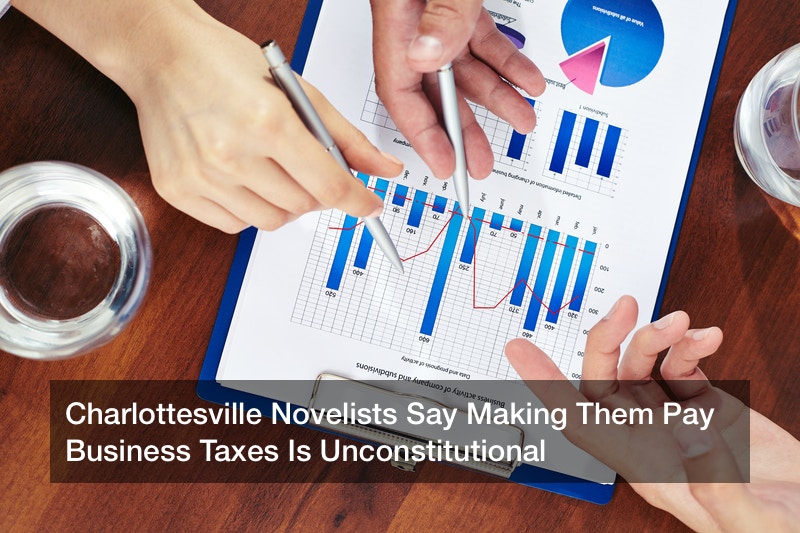
 Apple CEO Tim Cook has condemned the United States’ current policy on data protection. In a speech at the European Parliament in Brussels on October 24, the tech giant leader called for better regulation on data protection in the United States.
Apple CEO Tim Cook has condemned the United States’ current policy on data protection. In a speech at the European Parliament in Brussels on October 24, the tech giant leader called for better regulation on data protection in the United States.
Cook claims that personal information online has subsequently been weaponized due to the lack of federal data regulation. Currently, the U.S. does not have federal legislation pertaining to comprehensive data protection, instead letting states and companies to make the decisions for themselves.
“Our own information—from the everyday to the deeply personal—is being weaponized against us with military efficiency. Today, that trade has exploded into a data-industrial complex,” Cook said.
According to the Wall Street Journal, however, Cook may care more about the safety of his company than user data.
Back in May, the EU implemented a new law regarding data protection. If a company is found in violation of these regulations, the EU can charge fines reaching up to 4% of a company’s annual revenue.
This came after a significant breach in Facebook user information that put nearly 50 million accounts at risk. Since the regulation was issued back in May, Twitter alone has taken down an estimated 70 million bot accounts.
According to the WSJ, Cook’s claims work to appease privacy activists while ignoring the fact that Apple makes over $5 billion from Google searches thanks to its licensing fees through Alphabet.
However, Apple claims they still make the brunt of their revenue through device sales. On top of that, the company also caps the amount of user data they collect while anonymizing information.
“These scraps of data, each one harmless enough on its own, are carefully assembled, synthesized, traded, and sold. This is surveillance. And these stockpiles of personal data serve only to enrich the companies that collect them. This should make us very uncomfortable,” Cook continued.
The United States is awash in data storage, both sensitive and not. In fact, it’s estimated that 60% of all data stored in computers and on clouds is simply copies or duplicates.
To keep up with this flood of data storage and collection, the Office of Energy Efficiency and Renewable Energy claims that data centers typically upgrade IT equipment between every three to five years.
To put it simply, we’re creating 50,000 GB of data every second.
Luckily, most of this data is unusable. But for the sensitive information that’s constantly being uploaded and traded, Cook claims that the U.S. needs to do better.
It’s estimated that Carequality, a data sharing site for medical and clinical documents, has exchanged over 59 million documents since its inception in late 2016. And the company has only continued to grow in conjunction with DirectTrust.
This is essential to provide patients with the best care across the country. However, this sensitive information, including medical records, personal information, and financial information, may be at risk without the necessary federal regulation.
On top of this, around half of Americans lack the basics of financial literacy including proficiency in saving, debt, and investments. With sensitive information like this constantly being exchanged in shops and through the internet, the risk could be all the greater among financially illiterate Americans.
For now, there are around three bills that are being looked over through Congress regarding data privacy regulations. It’s unlikely that any changes will be proffered within the year, but the WSJ estimates it will be at the helm of discussions starting next year.



